Death, Devastation, and Heartbreak—Ukrainians of Venice Cope with War in Their Homeland
June 6, 2022
For the past three months, I’ve spent an awful amount of time sitting alone in my room, desperately fighting the overwhelming urge to bang my knuckles against my bedroom wall as hard as I possibly can until my fists turn into a bloody puree of torn skin and shattered bones and I break that wall down.
Sometimes, I get to the point where I want to throw my head through that wall as well. I never proceed with my uncanny desires, and instead, I just stare blankly at that wall until I feel nothing. For a little while, I feel like an empty layout of a human being—until the cycle of emotions repeats itself.
In reality, my bedroom wall didn’t do anything to frustrate me. It didn’t invade my homeland and tear it apart. It didn’t destroy the lives of my family members. And it didn’t force my friends to flee what was left of their bombed homes. Its only fault is that it stands there in front of me, perfectly intact, to this day—unlike the many walls that used to surround me when I lived in Ukraine.
As a person who was born and spent the first eleven years of her life in Kyiv, I can’t find a single way to cope with the reality of my home being torn to shreds by Russian troops while everyone I know and love lives in constant fear of deadly missile strikes
There are two people at Venice who share similar experiences and sentiments to mine, juniors Lidia Prokopovych and Anastasiia Korpusova, both of whom are Ukrainian too.
The first time I met Prokopovych was when our mutual friend walked into class wearing a vinok (traditional Ukrainian wreath).
That day, I also found out that there’s another Ukrainian student, who is a head above me in the all-Ukrainian skill of wreath-making.
Prokopovych is a first generation American, but she grew up surrounded by Ukrainian traditions and culture.
“We painted pysanky on Easter, we sang Ukrainian songs, we listened to Ukrainian music,” said Prokopovych. “I watched Frozen about ten times in Ukrainian. My mom would only let me watch movies in Ukrainian because she really wanted to preserve that aspect of culture for me.”
Since the beginning of war, she felt alienated from her American peers for whom the war in Ukraine was not as significant.
“It is really frustrating, because I remember texting my friends about the war in Ukraine, and to them it was just another thing on the news,” Prokopovych said. “During AP testing week, I truly thought I was going insane because everyone was worried about tests and grades, and all I could think about was Ukraine.”
Prokopovych recalled that while growing up, people often overlooked her Ukrainian identity and thought of her as just a “lesser Russian”
“Freshman year, a substitute asked me if my last name was Russian, and I said it’s not. I told him it was Ukrainian to which he responded saying they were the same thing,” she said. “I tried explaining to him that they are not, but he wouldn’t even listen because he thought he knew history better than me.”
If not for war, I would have probably never met Anastasiia Korpusova. It was because of the war that forced her to leave her entire life in a small town near Odesa behind and come all the way to Los Angeles.
“I’m from a regular Ukrainian family,” she said. “I lived in a small town where I went to school and then home. Before the war, I had never been outside of Ukraine, but then we were forced to leave.”
Korpusova’s dad remains in Ukraine while she, along with her mom and little brother, try to adapt to a new life where everything has changed.
“The way I see the world, the way I see Russia—all of it has changed since the beginning of war,” Korpusova said. “I feel as if my world was ripped apart.”
Prokopovych, Korpusova and I all have a different story of how we got here and where we’re going after. But we all come from the same place and share the same pain.
The same blood flows through our veins; the blood of courageous and freedom-loving people. And that’s something the Russian army will never be able to take away from us, no matter how much Ukrainian blood they spill.
They will never be able to take away the courage and freedom of the Ukrainian people.
After WWII, the world swore “Never again.” I wonder what they truly meant when they said that, because right now it feels like the entire world is watching in sick and cruel amusement as “Never again” unfolds into never again will life be the way it once was.
Never again will some people return home. Never again will they get to see their loved ones. And never again will some parents get to hold their children.
Never again is again.
As the war enters its fourth month, the only way I cope is through hoping.
Hoping that some day the war will be over and “never again” will once again turn into never again will our people live in fear. Never again will our mothers have to bury their children. And never again will the world allow such evil to roam freely.
Although that I can only hope for.

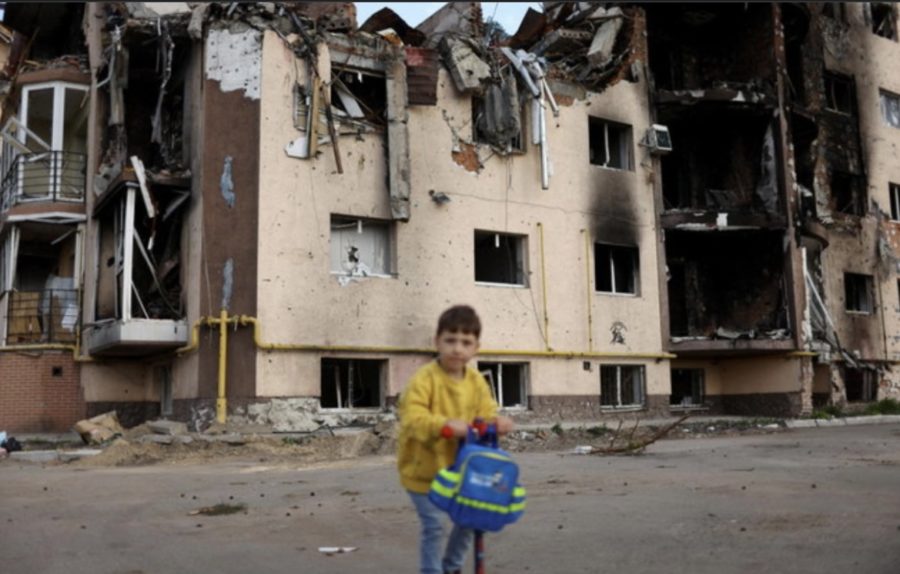

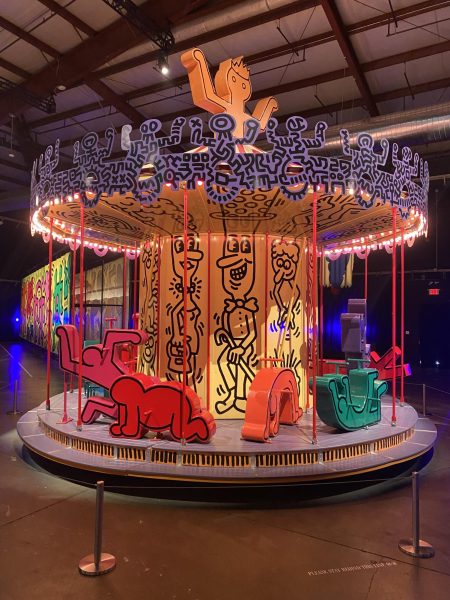
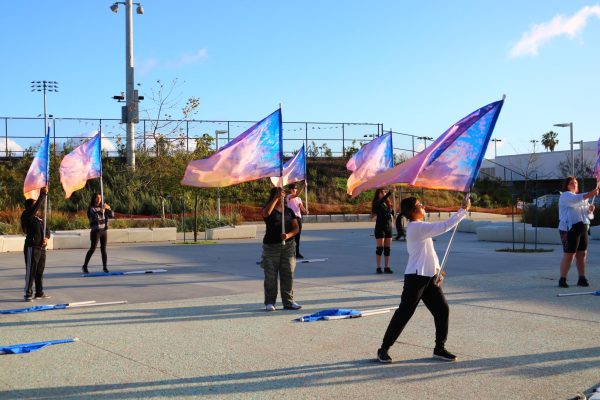
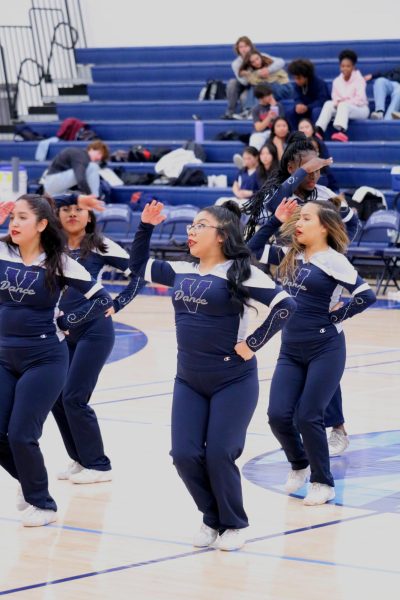
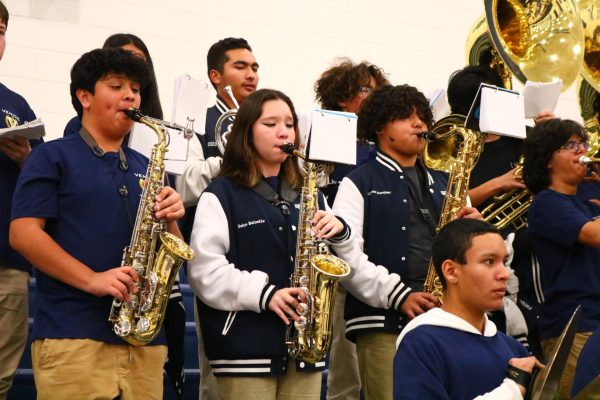
Amy Friedman • Jun 14, 2022 at 11:41 AM
Thank you, Polina, for showing us how truly personal war is, the suffering you and Lidia and Anastasiia and so many hundreds of thousands of Ukrainians are enduring. Thank you for reminding all of us.